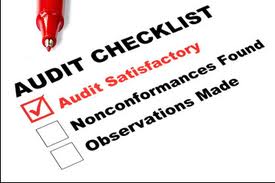Q: Can an Alta Settlement Statement REPLACE the use of a HUD-1 or a Closing Disclosure?
A: ALTA has developed standardized ALTA Settlement Statements for title insurance and settlement companies to use to itemize all the fees and charges that both the homebuyer and seller must pay during the settlement process of a housing transaction. Settlement statements are currently used in the marketplace in conjunction with the federal HUD-1. The ALTA Settlement Statement is not meant to replace the Consumer Financial Protection Bureau’s Closing Disclosure, which went into effect on Oct. 3, 2015. Four versions of the ALTA Settlement Statement are available.
Q: Do we need to use a Closing Disclosure for non-agency loans?
A: The final rule applies to most closed-end consumer mortgages. It does not apply to home equity lines of credit, reverse mortgages, or mortgages secured by a mobile home or by a dwelling that is not attached to real property (in other words, land). The final rule also does not apply to loans made by a creditor who makes five or fewer mortgages in a year.
Q: Who has to prepare the CD?
A: Under the final rule, the creditor is responsible for delivering the Closing Disclosure form to the consumer, but creditors may use settlement agents to provide the Closing
Disclosure, provided that they comply with the final rule’s requirements for the Closing Disclosure.20 The final rule acknowledges settlement agents’ longstanding involvement in the closing of real estate and mortgage loan transactions, as well as their preparation and delivery of the HUD-1. The final rule avoids creating uncertainty regarding the role of settlement agents and also leaves sufficient flexibility for creditors and settlement agents to arrive at the most efficient means of preparation and delivery of the Closing Disclosure to consumers.
Q: What about a HECM? Is it a LE or a GFE?
A: Reverse mortgage transactions subject to RESPA. (1)(i) Time of disclosures. In a reverse mortgage transaction subject to both § 1026.33 and the Real Estate Settlement Procedures Act (12 U.S.C. 2601 et seq.) that is secured by the consumer’s dwelling, the creditor shall provide the consumer with good faith estimates of the disclosures required by § 1026.18 and shall deliver or place them in the mail not later than the third business day after the creditor receives the consumer’s written application.
Q: I’m a Mortgage Broker Business. Can I do my own disclosures?
A: If a mortgage broker receives a consumer’s application, either the creditor or the mortgage broker shall provide a consumer with the disclosures required under paragraph (e)(1)(i) of this section in accordance with paragraph (e)(1)(iii) of this section. If the mortgage broker provides the required disclosures, the mortgage broker shall comply with all relevant requirements of this paragraph (e). The creditor shall ensure that such disclosures are provided in accordance with all requirements of this paragraph (e). Disclosures provided by a mortgage broker in accordance with the requirements of this paragraph (e) satisfy the creditor’s obligation under this paragraph (e). If provided by the creditor, copies of the creditor disclosures MUST be kept in the mortgage broker’s files to show an auditor that the rule was complied with.
Q: I only do foreign national loans, am I exempt from TRID?
A: Not if the property is a 1-4 family dwelling and not if the buyer is a human person. There could be some crossover here to commercial lending, but most of what I have seen is probably TRID lending. I have seen a lot of issues here, sham entities.
Q: I only make ten or fewer loans a year with my own money. Do I need a Lender’s License?
A: Probably – YES. And if all you do is create entity after entity to act as your lender, and you own each entity, that is a probable sham and is probably avoiding the licensing rules of Dodd-Frank and your state regulator. Folks, the regulators are smart enough to see though this kind of conduct. If you hold yourself out to lend money, even in as small way as a business card, or using an agent ( a lawyer, a mortgage broker) who brings you borrowers, YOU ARE ACTING AS A LENDER.
I am also attaching an ALTA Training Webinar to the blog. The blog can be found at nltrainingsite. You guys should look at this ALTA Webinar. Very good information.
trid-webinar-82715
Happy Holidays to all! We will be working right up to Friday afternoon, so feel free to call. And we are here next week. Regulators never sleep so we won’t either.
Respectfully,
Nelson A. Locke, Esq.
Mortgage Industry Compliance Expert
Attorney and Expert Witness
Office (800) 656-4584
Cell (305) 951-2785
http://www.lockelaw.us
http://expertlenderservices.com


 If the rest of you are nervous I only have two things to say.
If the rest of you are nervous I only have two things to say.














